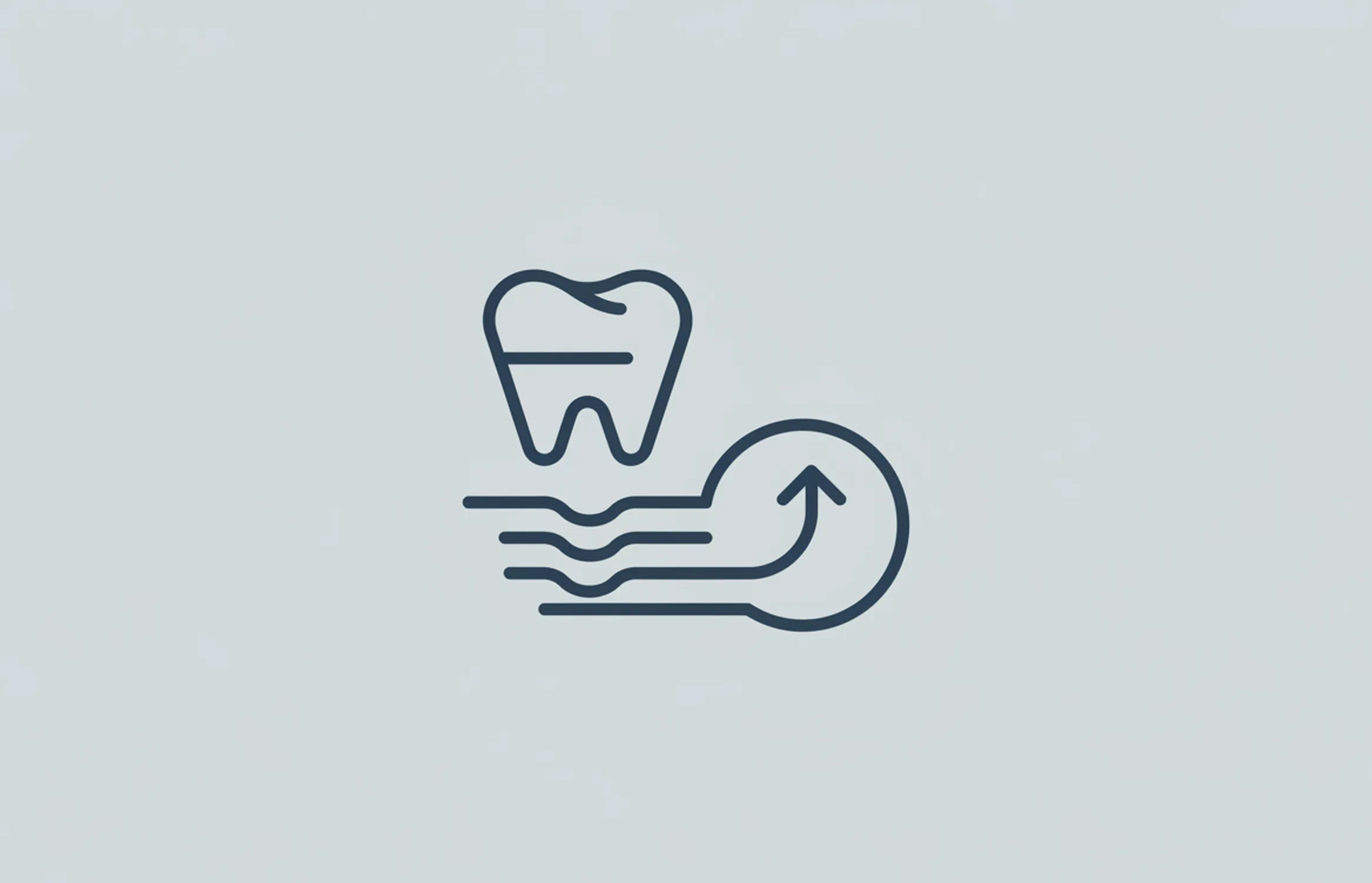If you are considering having your teeth whitened you need to determine which treatment is right for you. You can choose between professional treatments and in-home treatments.
Professional treatments include: laser whitening, gel whitening and a take-home treatment with custom-fitted trays.
In-home treatments include: toothpastes, gels that are painted on or used with a tray, whitening strips, mouthwashes and even chewing gum.
Before making your choice consider how quickly you want your teeth whitened, what degree of whitening you want to achieve, and what you can afford. You should have a discussion with your dentist before making your final choice.
How Much Does Teeth Whitening Cost in the UK?
Home whitening kits are the most affordable but they are not as effective as treatments performed by your dentist. These kits can start at £10, with the most expensive in-home treatments costing as much as £200.
However, Europe does not allow any over the counter whitening kits to include more than 0.1% peroxide. This low amount of peroxide is not effective and will do very little whitening.
Professional teeth whitening costs vary depending on the type of procedure used. You can choose at-home whitening where your dentist will make a custom-fitted tray and provide you with the gel. You can also choose from gels used with or without lasers. Prices start at about £150 and can go as high as £1,500.
While there are similarities between the different types of professional teeth whitening procedures, each one is different. Your dentist will explain the type of staining you have and which procedure will work best for that type of staining.
| Type | Approximate price |
|---|---|
| Professional bleaching | £150 - £700 |
| Home whitening kits | £10 - £200 |
| Laser whitening | £500 - £1500 |
Recommended At-Home Whitening Kits
[Note: This section would typically contain a table of recommended products]
Benefits of Professional Whitening
Professional teeth whitening can be customized for each person. Your dentist can adjust the treatment by changing the level of the bleaching agent used. If he uses a higher level your teeth will be much whiter. If you are looking for just a small change he can use a lower level.
Deep stains can be removed with a professional procedure. Home treatments cannot penetrate enough to address those deep stains so you may have an uneven or blotchy finish.
Many people feel more confident after having their teeth whitened. They tend to smile wider and more often.
You achieve that white smile much quicker with a professional whitening. There are take-home kits your dentist can give you that will take several weeks to meet your goal level of whiteness. These take-home treatments are not like the over the counter kits, they are much more effective. If you choose to have them done in an office visit you can achieve your results in a little more than an hour.
It is safer to have your procedure performed by a professional. While bleaching teeth is considered safe, over the counter products can cause problems with your enamel and gums if not used correctly.
Pros and Cons of At-Home Teeth Whitening
This section will discuss the pros and cons of at-home whitening from kits provided by your dentist. Many people choose this option because it is the least expensive one. Some also prefer to do the whitening at home because they can pick whatever time is best for them.
Pros
- Your dentist will create a custom tray that is fitted to your mouth. This tray will keep the gel off the gums so you will not have gum issues to deal with.
- You will receive a gel with a higher percentage of peroxide than you can buy over the counter.
- You will usually see results in 3-4 days.
Cons
- You may experience some tooth sensitivity with an at-home treatment.
- If you don't use the product as directed by your dentist you will not get the results you want.
- It is not uncommon for some people to retch when using the trays.
- If you use the treatment too often you can end up with translucent looking teeth.
- It may take several weeks before you reach the level of whiteness you desire.
Pros and Cons of Laser Teeth Whitening Treatments
If you choose this procedure your dentist will apply a whitening gel of hydrogen peroxide to your teeth. Then a special light will be aimed at your teeth. This light will help accelerate the whitening process.
Pros
- This is the quickest way to achieve results. The procedure usually takes less than an hour.
- Your teeth will usually be 7-10 shades lighter after the procedure.
- This is a pain-free procedure; considered to be the least painful of all the procedures.
- You will not need any anaesthesia.
- This is the safest teeth whitening procedure available.
- Laser whitening will work against even the most stubborn types of stains.
- This procedure will not harm your teeth or gums.
- Even people who fear going to the dentist have not had a problem with this procedure.
Cons
- The biggest con for laser whitening is the cost. It is the most expensive teeth whitening procedure. If your budget will not allow such an expense you will need to look at some of the other options.
- The only complaint received after this procedure is that some people experience some tooth sensitivity. However, there are no other side-effects with this procedure.
Pros and Cons of Teeth Whitening Gels
We discussed the pros and cons of the at-home gel system above so now we will talk about the gels used at the dental office. Every procedure uses some type of gel. The dentist can use a much higher percentage of peroxide in the office than he can give in a take-home kit. Percentages used in the office can range from 15% up to 43%.
Pros
- Your gums are shielded from the gel either by a special dam or by a fluoride treatment. This helps prevent gum damage or sensitivity.
- After the procedure, the dentist will apply 1 or 2 layers of a special sensitivity treatment to help alleviate any sensitivity from the procedure.
- The gel is applied and left on for about 20 minutes and then suctioned off and a new layer applied. This allows you to get a better result than if the gel is left on for the whole time.
- The gel can be applied to the teeth as needed so that the most stubborn stains will receive a heavier coating of the gel.
Cons
- After this type of procedure, you are given an in-home kit to use to touch up and keep your level of whitening. This is the same type of kit given to those who choose the at-home method.
- Even though the sensitivity treatment is applied after the treatment some people still experience some sensitivity.
- You may need 1 or 2 follow up sessions with this type of procedure.
There are many options to choose from to whiten your teeth. Each type of procedure has its own pros and cons which you need to take into consideration when making a choice. Even if you choose an over the counter product you should consult with your dentist first.
Remember, Europe does not allow more than 0.1% peroxide in their over the counter options, making them almost worthless. Professional teeth whitening is the best option, and there is a treatment to fit every person and every budget.
Sources and References
-
[1]
Safety issues of tooth whitening using peroxide-based materialsBritish Dental Journalhttps://pubmed.ncbi.nlm.nih.gov/23846062/
-
[2]
Home-based chemically-induced whitening (bleaching) of teeth in adultsCochrane Database of Systematic Reviews (PubMed Central)https://pmc.ncbi.nlm.nih.gov/articles/PMC6517292/
-
[3]
Comparison of laser and power bleaching techniques in tooth color changeJournal of Clinical and Experimental Dentistry (PubMed Central)https://www.ncbi.nlm.nih.gov/pmc/articles/PMC5410669/
-
[4]
Tooth bleaching by different concentrations of carbamide peroxide and hydrogen peroxide whitening strips: an in vitro studyJournal of Esthetic and Restorative Dentistryhttps://pubmed.ncbi.nlm.nih.gov/16519873/
-
[5]
Effectiveness of different carbamide peroxide concentrations used for tooth bleaching: an in vitro studyJournal of Dentistry (PubMed Central)https://pmc.ncbi.nlm.nih.gov/articles/PMC3894761/
All sources accessed and verified on . Medical information reviewed for accuracy and compliance with current guidelines.
Related Articles
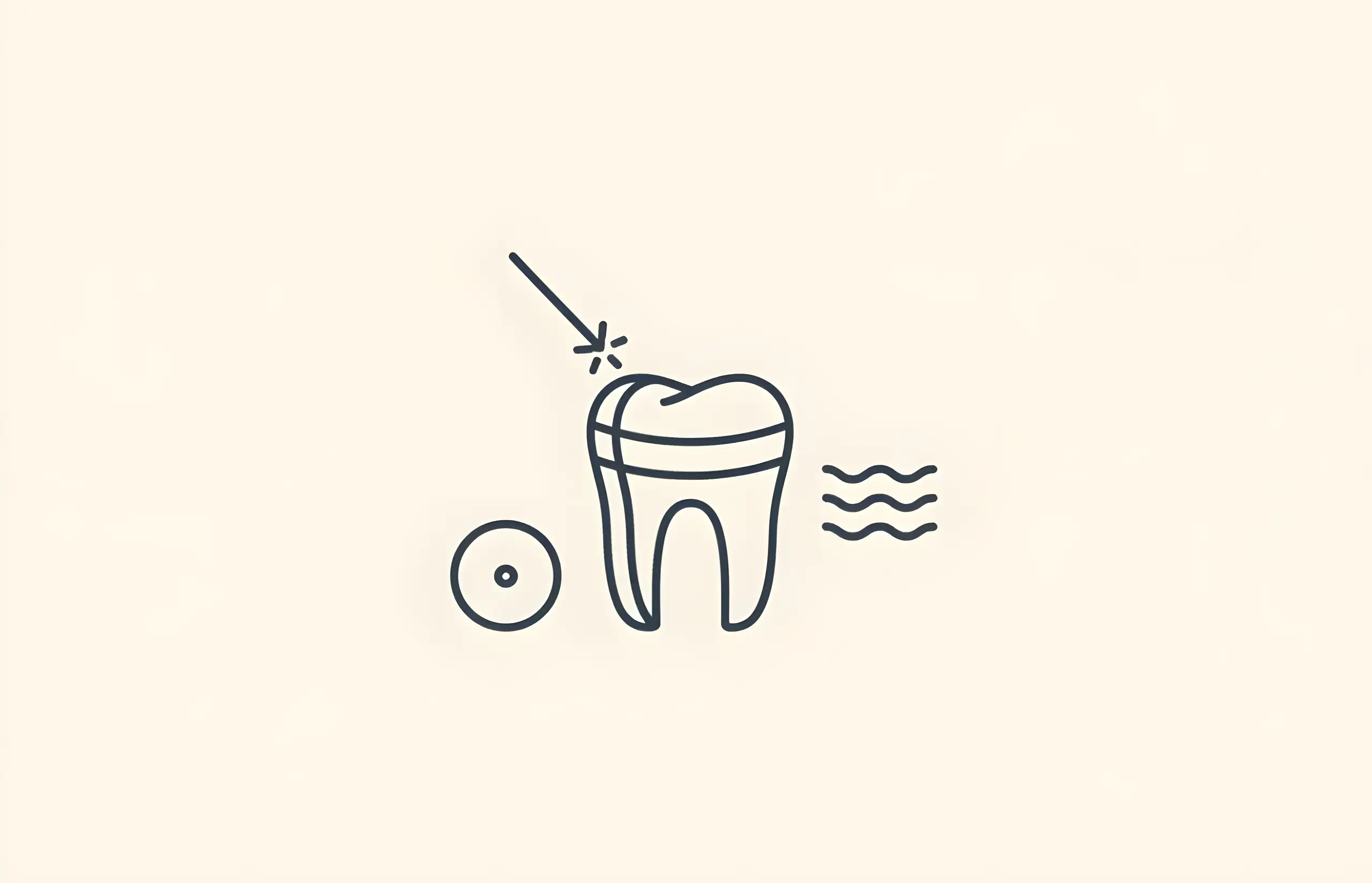
A Guide to Laser Teeth Whitening
Comprehensive information about laser teeth whitening including benefits, procedure details, costs, and effectiveness of this professional cosmetic dental treatment

Choosing the Best Whitening Mouthwash
Complete guide to selecting effective whitening mouthwash including hydrogen peroxide safety, efficacy research, key ingredients, and what to look for in whitening mouthrinse products
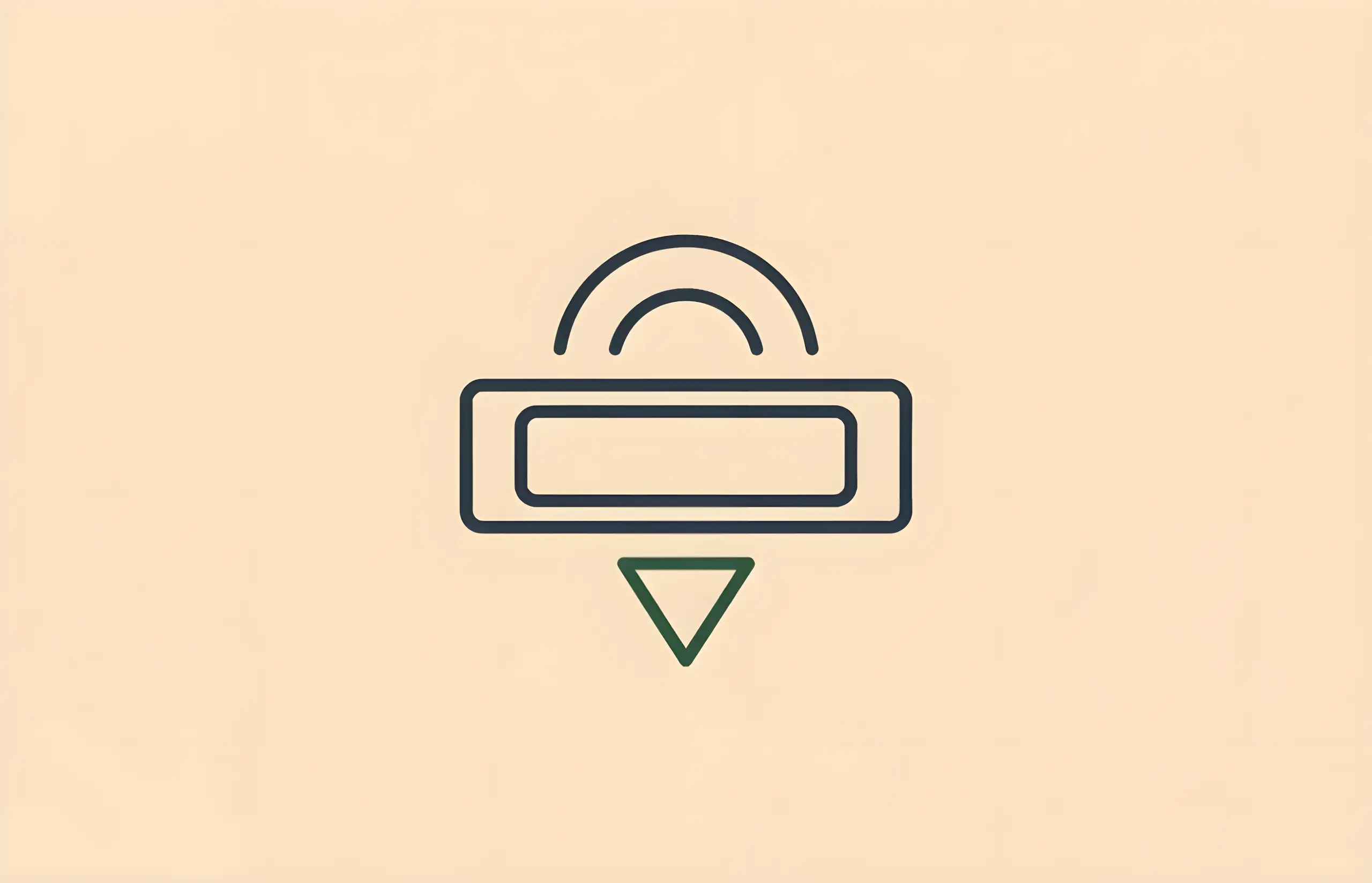
Do Whitening Strips Work?
Evidence-based guide to teeth whitening strips effectiveness including clinical trial results, comparison with professional treatments, safety profile, tooth sensitivity rates, and how to achieve optimal results

Does Teeth Whitening Work?
Comprehensive guide to teeth whitening effectiveness, clinical evidence comparing hydrogen peroxide vs carbamide peroxide, sensitivity rates (43-80%, 100% with 35% in-office), whitening methods (professional, at-home, strips, toothpaste achieving 1-2 shades), LED light efficacy, and safety outcomes

How to Whiten Teeth with Braces
Guide to teeth whitening options during orthodontic treatment, including in-office treatments, at-home whitening kits, and whitening toothpastes
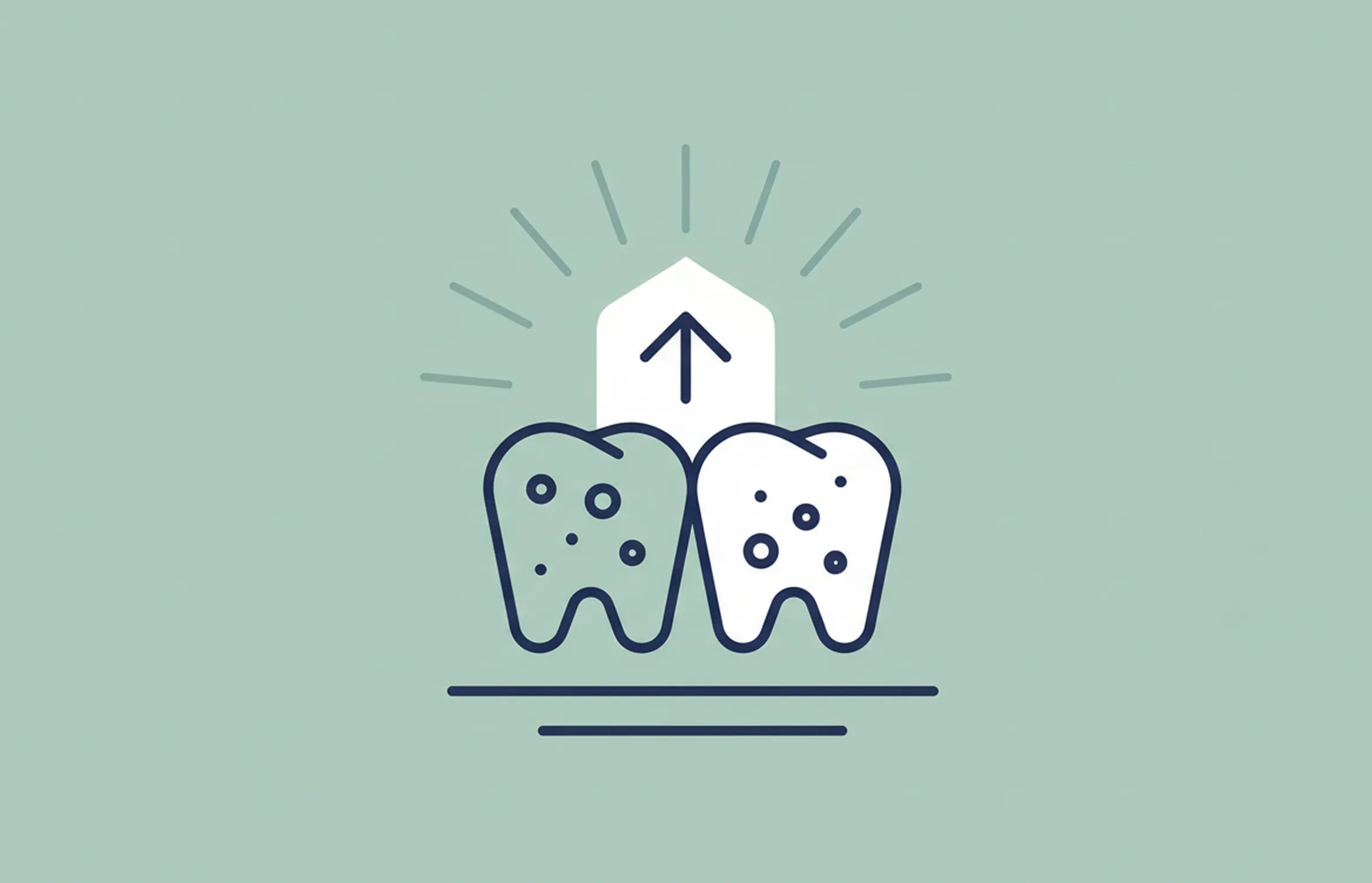
How Long Does It Take For Baking Soda To Whiten Teeth?
A guide to using baking soda for teeth whitening at home, including methods, timeframes, safety considerations, and effectiveness
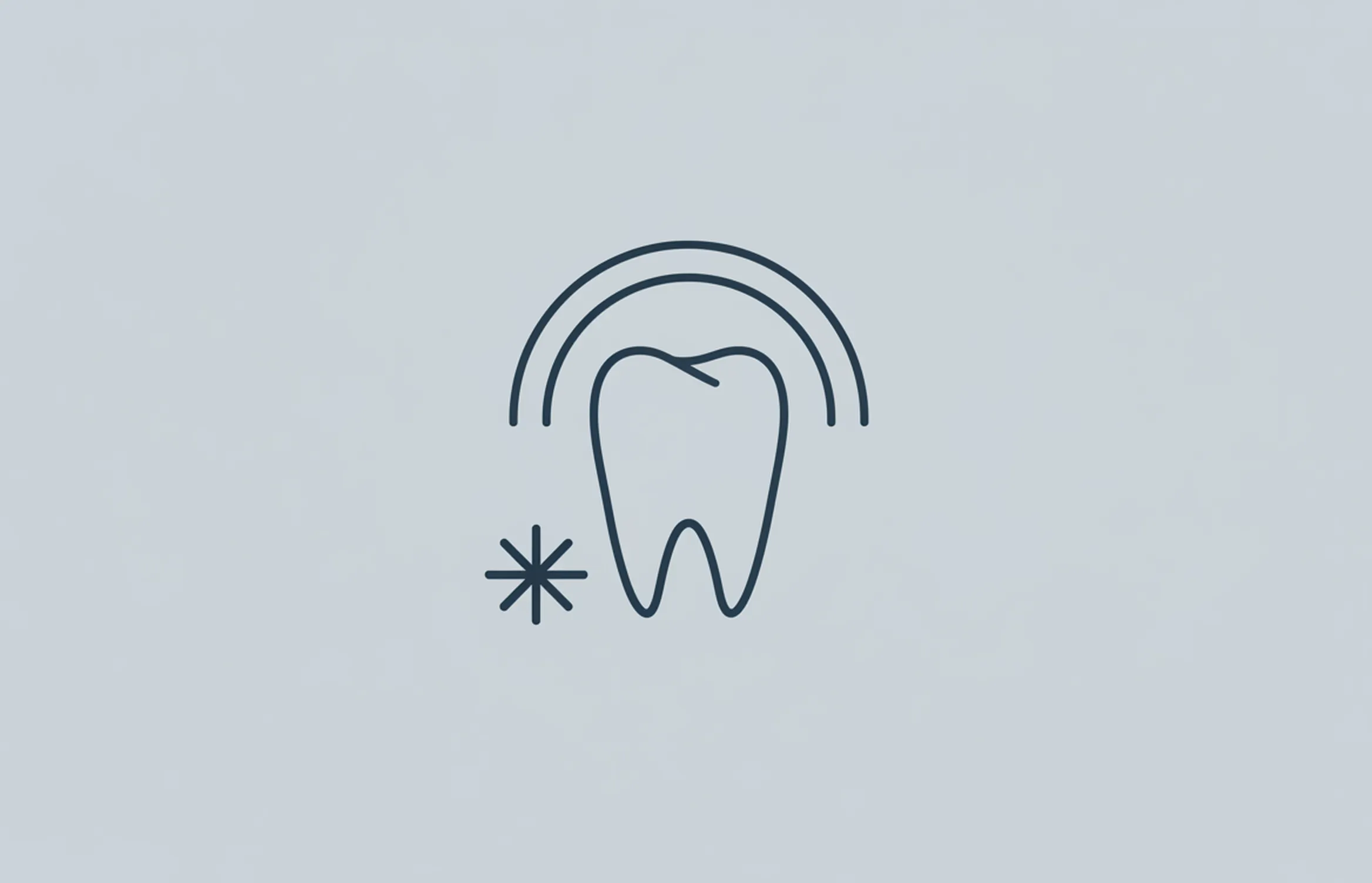
A Guide to Hydrogen Peroxide Teeth Whitening
Comprehensive information about using hydrogen peroxide for teeth whitening, including safety, effectiveness, proper usage methods, and professional vs. at-home treatments

How Much Does KoR Teeth Whitening Cost?
Comprehensive guide to KoR Whitening system including mechanism, custom trays, peroxide gel refrigeration, desensitizing agents, pros and cons, typical costs (£450-£700), and comparison with alternative whitening systems

Natural Ways to Whiten Your Teeth
Explore natural teeth whitening methods including brushing, coconut oil pulling, baking soda with peroxide, and their effectiveness based on scientific evidence

Zoom Teeth Whitening Costs & Reviews
Professional Light-Activated Whitening Analysis (15-78% Experience Sensitivity, Conflicting Efficacy Evidence)
About The Dental Guide
The Dental Guide is a trusted online resource providing evidence-based information about dental health, treatments, and procedures. Our content is created and reviewed by qualified dental professionals to help you make informed decisions about your oral health.
Our Mission
- Evidence-based dental information
- Expert-reviewed content
- Clear, accessible explanations
- Latest treatment options
- Patient-focused guidance
Editorial Standards
- GDC-registered dental professionals
- Peer-reviewed sources
- Regular content updates
- Medical accuracy verification
- Transparent authorship
Important Notice
The information on The Dental Guide is for educational purposes only and should not replace professional dental advice. Always consult with a qualified dentist for diagnosis and treatment recommendations tailored to your individual needs and circumstances.
Medically Reviewed
Reviewed by Dr. Nasim Mechoui , BDS (Bristol)
Share this article
Comments & Discussion
Have questions about dental implants? Share your thoughts or experiences.
